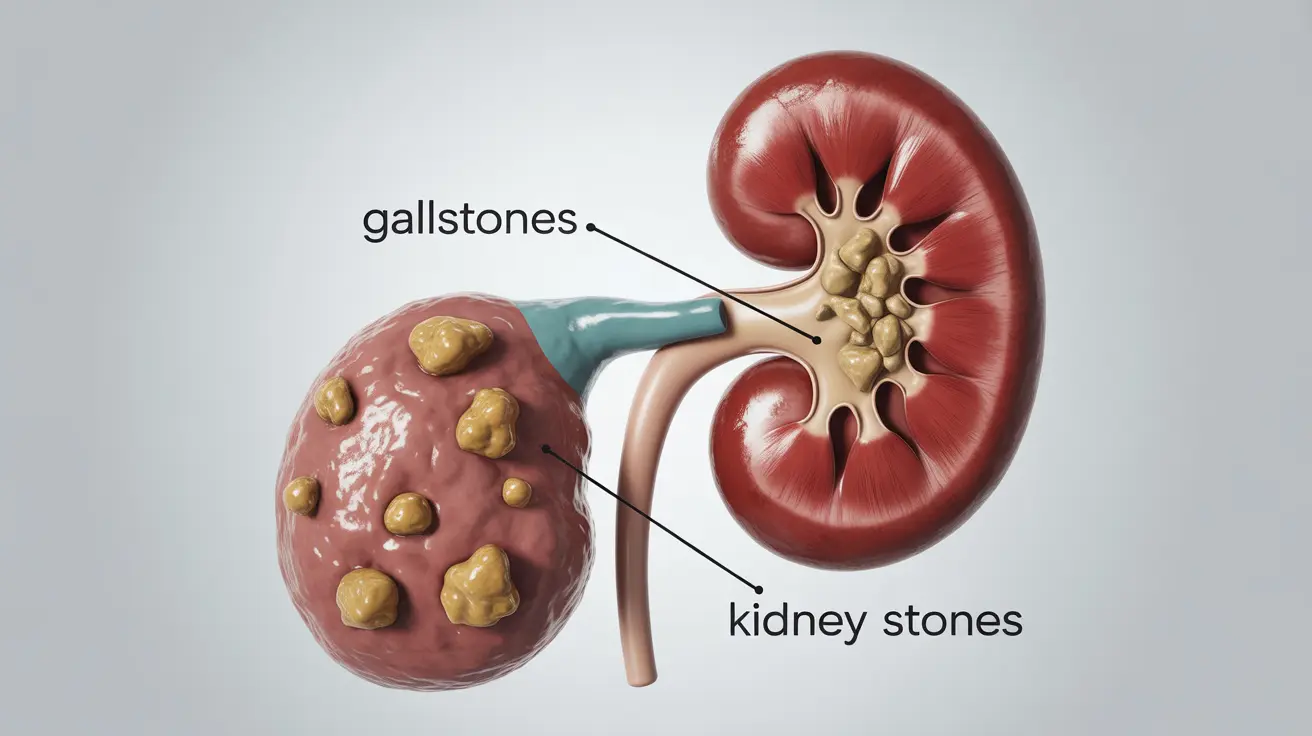Living with bipolar disorder presents unique challenges, particularly when it comes to managing depressive episodes. While antidepressants can be an important treatment option, their use in bipolar disorder requires careful consideration and medical supervision. Understanding how these medications work, their potential benefits, and their risks is crucial for anyone affected by bipolar disorder.
This comprehensive guide explores the complex relationship between antidepressants and bipolar disorder, including essential information about different medication types, safety considerations, and treatment strategies.
Understanding Antidepressants in Bipolar Treatment
Antidepressants work by adjusting levels of neurotransmitters in the brain to help manage depressive symptoms. However, their role in bipolar disorder treatment is more complex than in treating major depressive disorder, as there's a unique risk of triggering manic episodes.
Types of Antidepressants Used in Bipolar Treatment
Several classes of antidepressants may be prescribed for bipolar disorder:
- Selective Serotonin Reuptake Inhibitors (SSRIs)
- Serotonin-Norepinephrine Reuptake Inhibitors (SNRIs)
- Bupropion (Wellbutrin)
- Monoamine Oxidase Inhibitors (MAOIs)
Each type works differently and carries its own set of benefits and potential side effects. SSRIs are often the first choice due to their generally favorable safety profile and effectiveness in managing depressive symptoms.
Benefits and Risks of Antidepressant Use
The primary benefit of antidepressants in bipolar disorder is their ability to alleviate depressive symptoms, which can be severe and debilitating. When used appropriately, they can help improve mood, energy levels, and overall quality of life.
Potential Benefits
- Relief from depressive symptoms
- Improved daily functioning
- Better sleep patterns
- Enhanced emotional stability when used with mood stabilizers
Important Risk Considerations
- Increased risk of manic episodes
- Potential mood cycling
- Risk of rapid cycling
- Possible worsening of bipolar symptoms if used incorrectly
The Importance of Mood Stabilizers
Most mental health professionals recommend using antidepressants only in combination with mood stabilizers for bipolar disorder. This approach helps reduce the risk of manic episodes while effectively treating depressive symptoms.
Common Mood Stabilizer Combinations
- Lithium with SSRIs
- Valproate with antidepressants
- Lamotrigine with certain antidepressants
- Atypical antipsychotics as adjunct treatment
Treatment Strategy and Monitoring
Successful treatment with antidepressants requires careful monitoring and adjustment. Healthcare providers typically start with low doses and gradually increase them while watching for signs of mania or other adverse effects.
Regular check-ups and open communication with healthcare providers are essential for maintaining treatment effectiveness and safety. This allows for timely adjustments to medication combinations and dosages as needed.
Frequently Asked Questions
Q: What are the risks and benefits of using antidepressants for bipolar disorder? A: The primary benefit is relief from depressive symptoms, while the main risks include potential triggering of manic episodes and mood cycling. Benefits can outweigh risks when medications are properly prescribed and monitored, especially when combined with mood stabilizers.
Q: How do antidepressants like SSRIs work for treating depressive episodes in bipolar disorder? A: SSRIs work by increasing serotonin levels in the brain, helping to regulate mood and reduce depressive symptoms. They specifically target the neurotransmitter systems involved in mood regulation, though their effects must be carefully monitored in bipolar patients.
Q: What are the differences between types of antidepressants, such as SSRIs and SNRIs, in treating bipolar depression? A: SSRIs focus primarily on serotonin regulation, while SNRIs affect both serotonin and norepinephrine. SNRIs might be more effective for some patients but may carry a higher risk of triggering mania. The choice between them depends on individual patient factors and response.
Q: Is it safe to take antidepressants without a mood stabilizer for bipolar disorder, and what are the potential consequences? A: Taking antidepressants without mood stabilizers is generally not recommended for bipolar disorder. This approach increases the risk of manic episodes, rapid cycling, and overall mood instability. Mood stabilizers help protect against these potential complications.
Q: Can combining antidepressants with other medications, like mood stabilizers, help reduce the risk of mania in people with bipolar disorder? A: Yes, combining antidepressants with mood stabilizers is often the recommended approach. This combination helps manage depressive symptoms while significantly reducing the risk of mania. The specific combination depends on individual patient needs and response to treatment.




